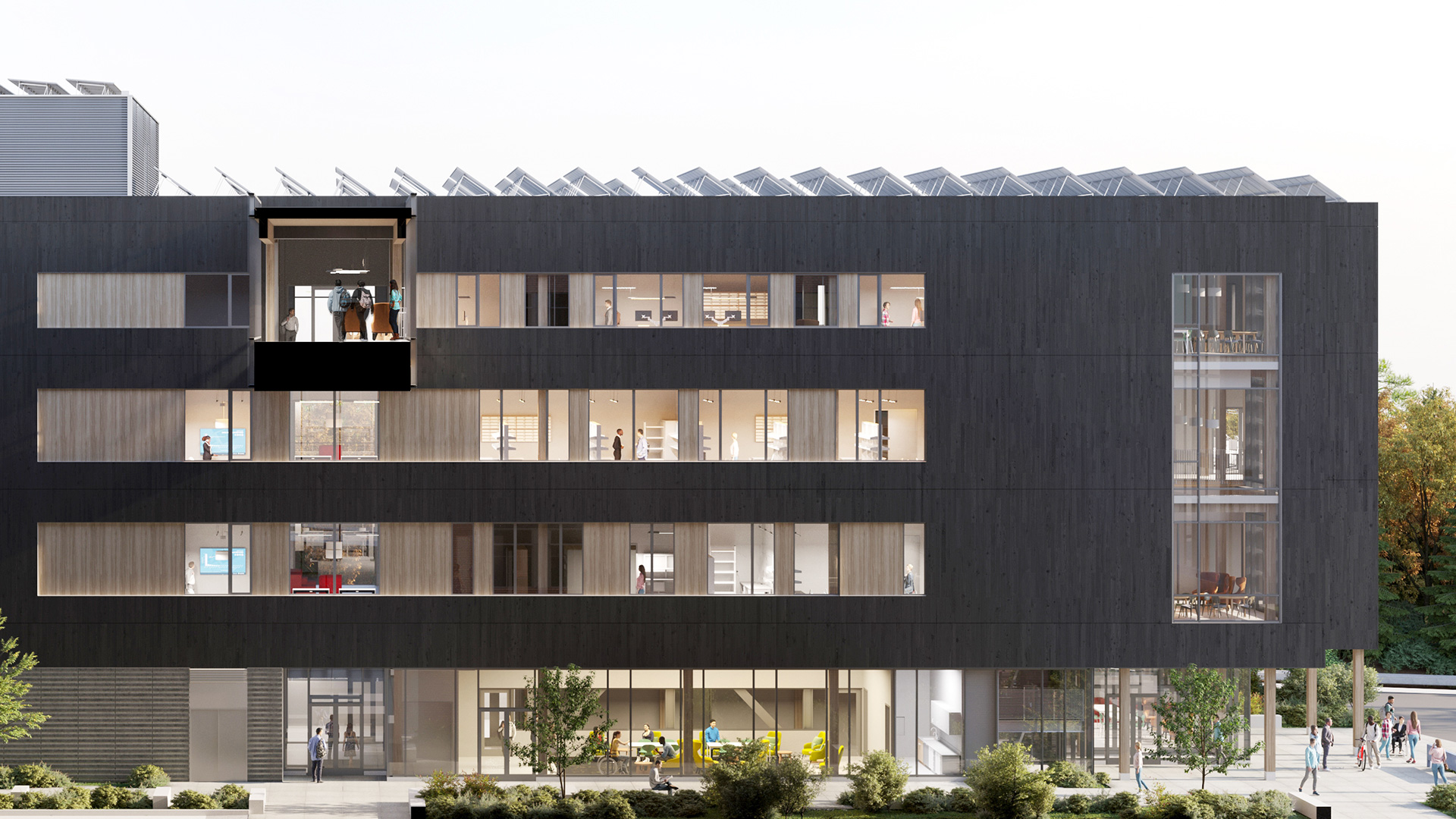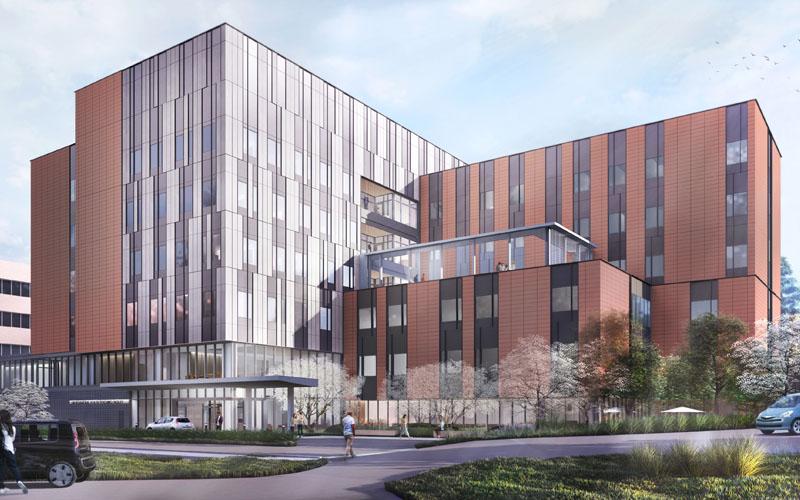Existing Building Commissioning Proves Fruitful for Energy Usage Intensity Reduction
Located in the heart of downtown Denver’s LoDo neighborhood, 1755 Blake is a 112,943 sq. ft. office building. Built in 2008, this property includes a two-story stone and glass appointed lobby, ground-floor retail, private balconies on every floor, an on-site fitness center and 2 1/2 levels of underground parking. Just two blocks from Denver’s main transportation hub, Union Station, and directly across the street from the vibrant Dairy Block micro-district, 1755 Blake provides tenants quick access to public transportation, restaurants, hotels, health clubs and more. Formerly owned by Lincoln Property Company, 1755 Blake was purchased in 2021 by sustainable real estate firm, Unico.
In 2009, the building earned a Silver LEED Building Design and Construction: Core and Shell Development certification, solidifying the building ownership’s steadfast dedication to ongoing building sustainability. Committed to energy reduction and improving occupant wellness, building ownership, the property team partnered with McKinstry in 2018 to identify opportunities to reduce energy consumption and improve building operations. McKinstry worked closely with the property team to execute existing building commissioning (EBCx) or retro-commissioning, as it is also known. EBCx serves to provide actionable and building-specific data to optimize building energy modeling and improve energy usage intensity (EUI). The initial EBCx efforts resulted in a 40% reduction in overall energy usage from 2019 to 2020 and reduced the building’s EUI from a 90.1 kBTU/ft² to a 56 kBTU/ft² EUI, producing over $50,000 in annual operations savings.
Outside of massive annual savings, the project positively impacted facility operations and energy conservation through several measures including the addition of CO2 sensors used to control ventilation to two 150-ton rooftop units; reconfiguration of ductwork for improved airflow, restricted return air path and duct static pressure control; replacement of faulty discharge air temperature sensors; and the implementation of building automation system controls – Active Energy Management (AEM) – to reprogram schedules, setpoints and sequence of operations. Active Energy Management (AEM) includes ongoing commissioning focused on resource conservation through monthly site visits to identify additional savings opportunities and quarterly reports summarizing building performance and identified opportunities.
Additional funding for the project came from a local rebate program through Xcel Energy. In order to bolster energy efficiency and sustainability efforts, local energy and utility organizations supply study and implementation fee rebates to qualified participants based on EBCx findings and their commitment to execute energy conservation measures. 1755 Blake was awarded both a study and implementation rebate resulting in almost $44,000 in savings.
McKinstry applauds the ongoing commitment by building owners across the country, even during economic or ownership transitions, to invest in high performing buildings that not only ensure occupant wellness but significantly reduce the embodied and operational carbon footprint.

Denver, CO

763 metric tons annually

Commercial

112,943 sq ft

Existing Building Commissioning (EBCx)
Master Systems Integration (MSI)
Active Energy Management (AEM)


